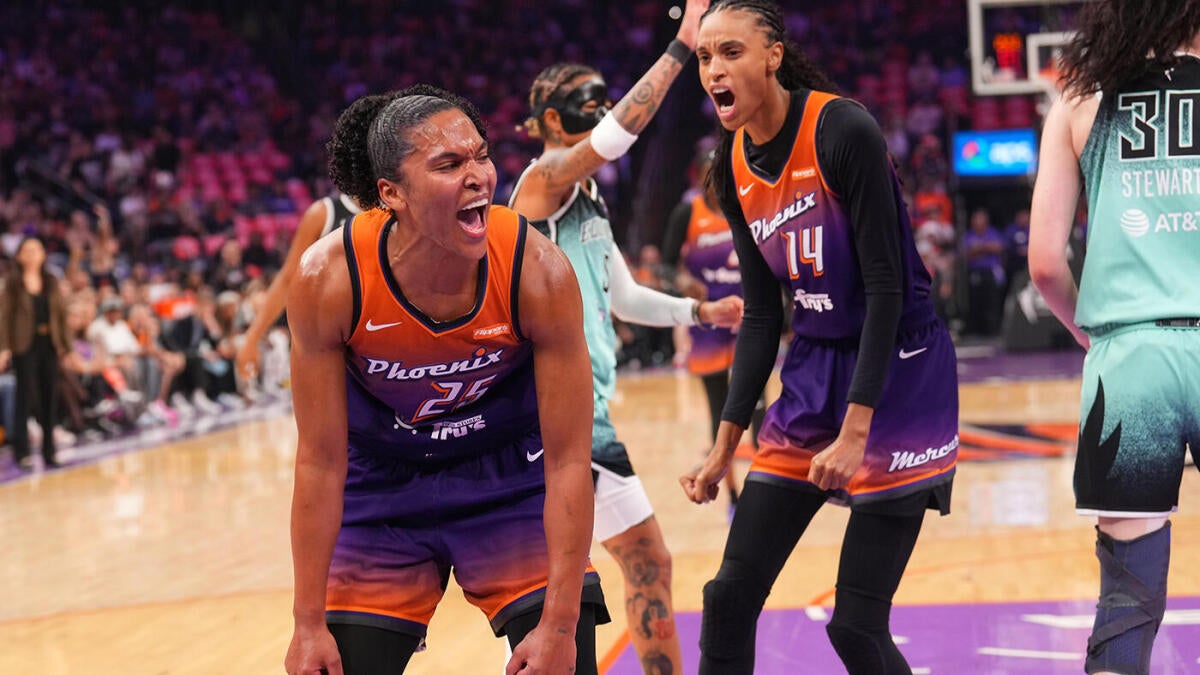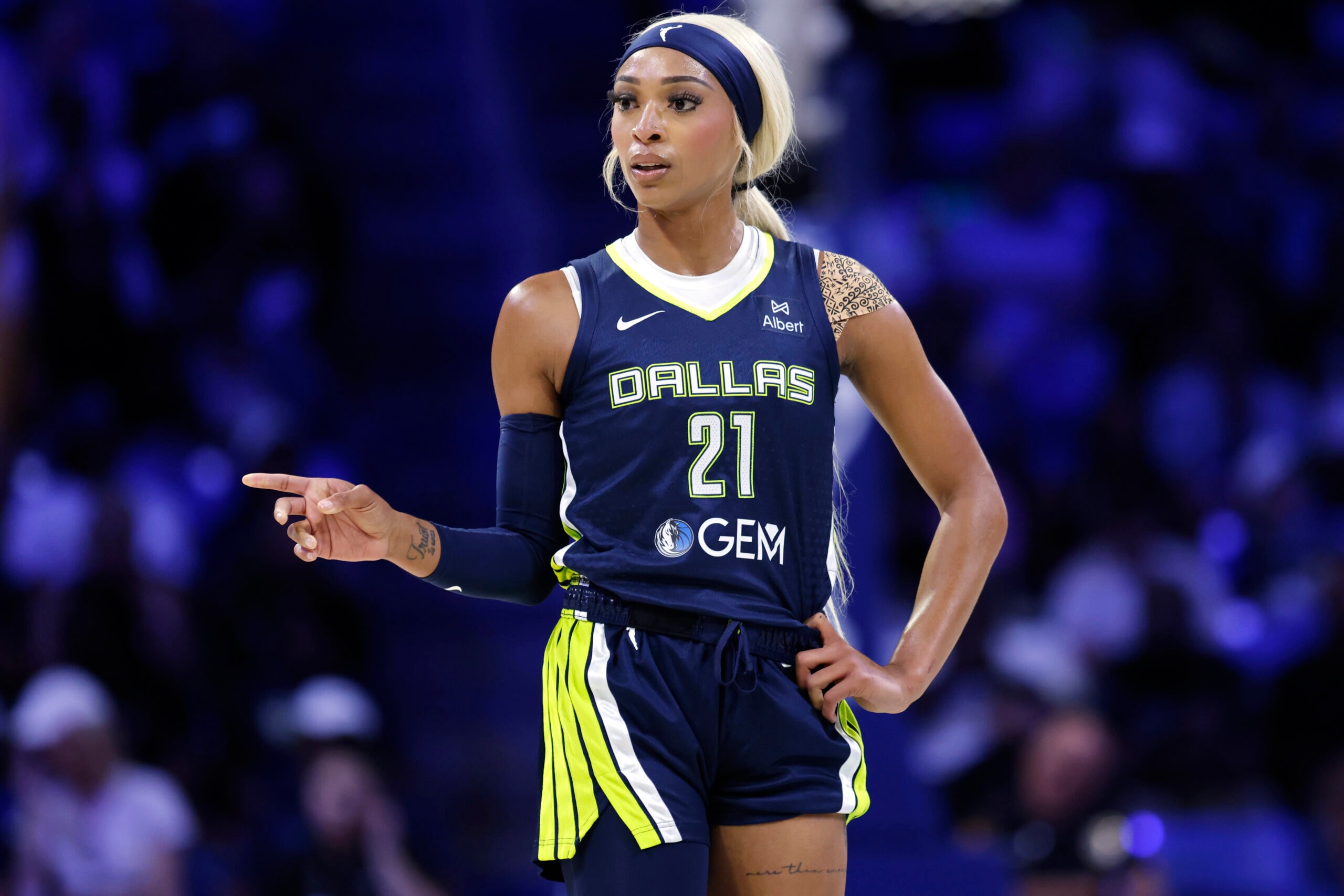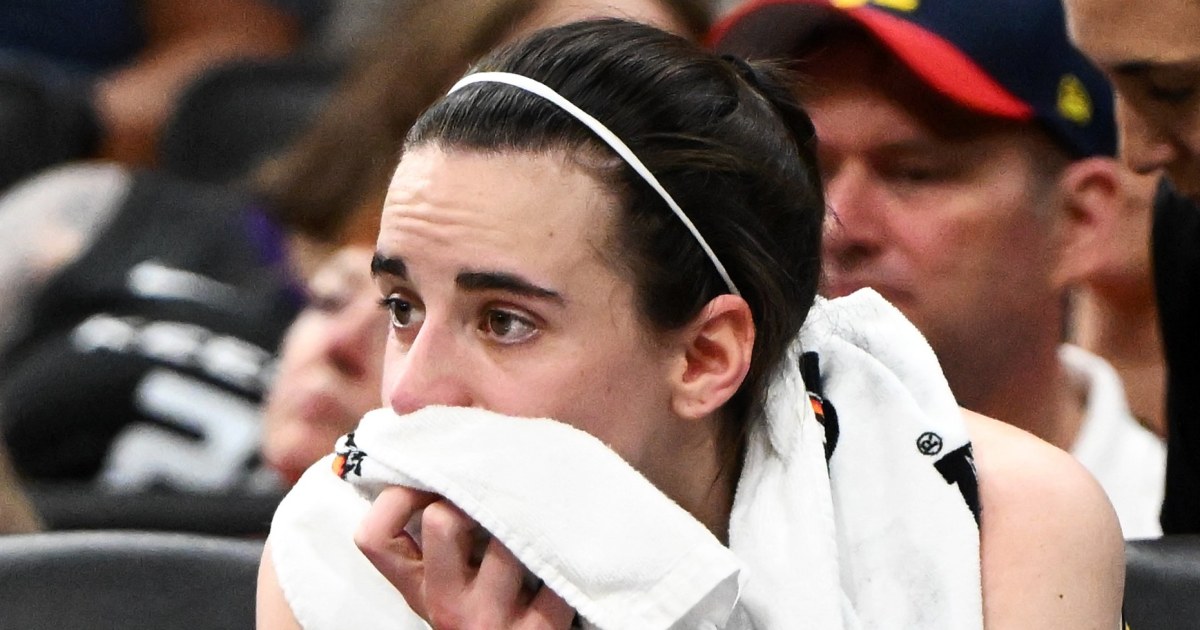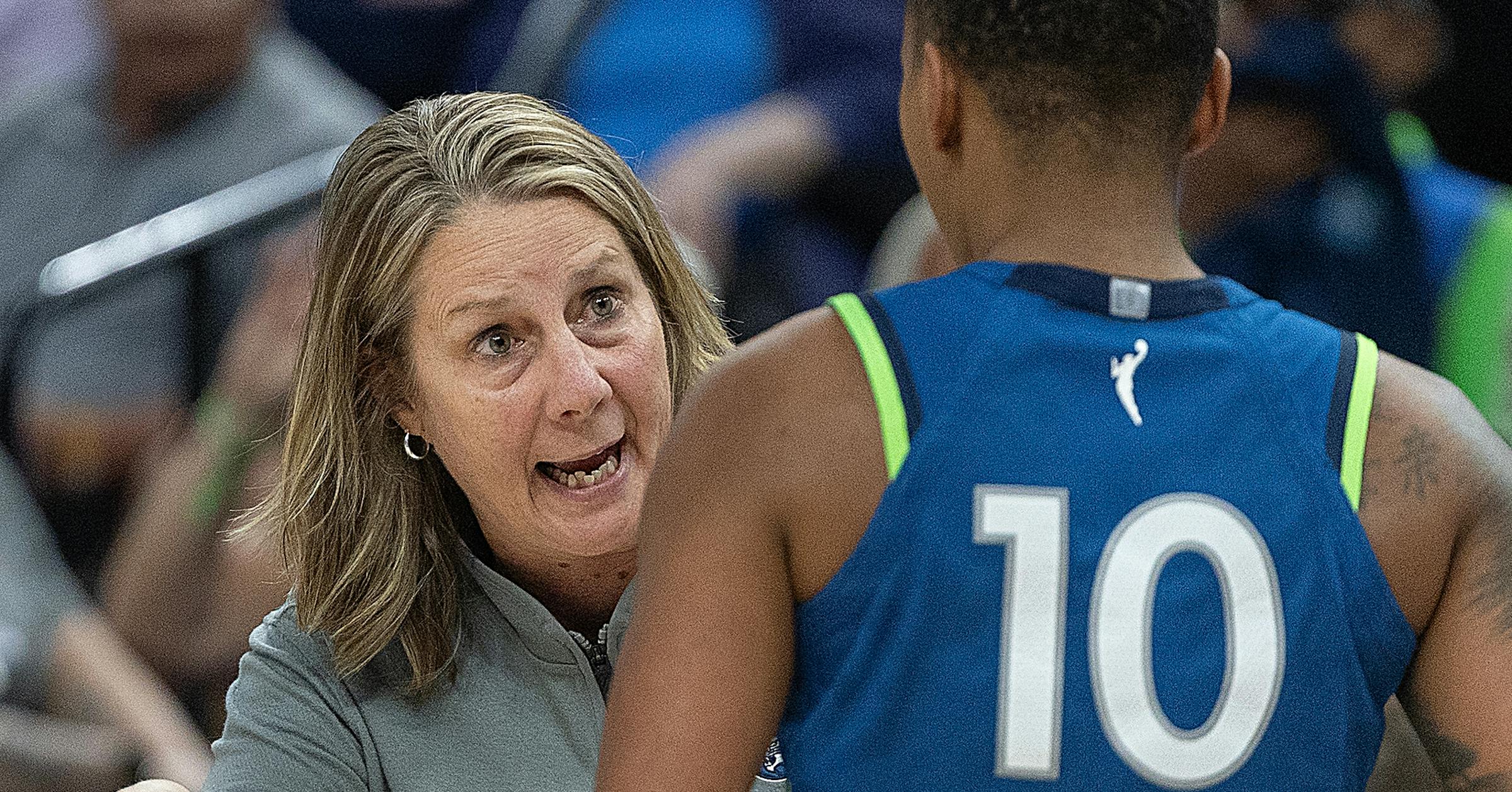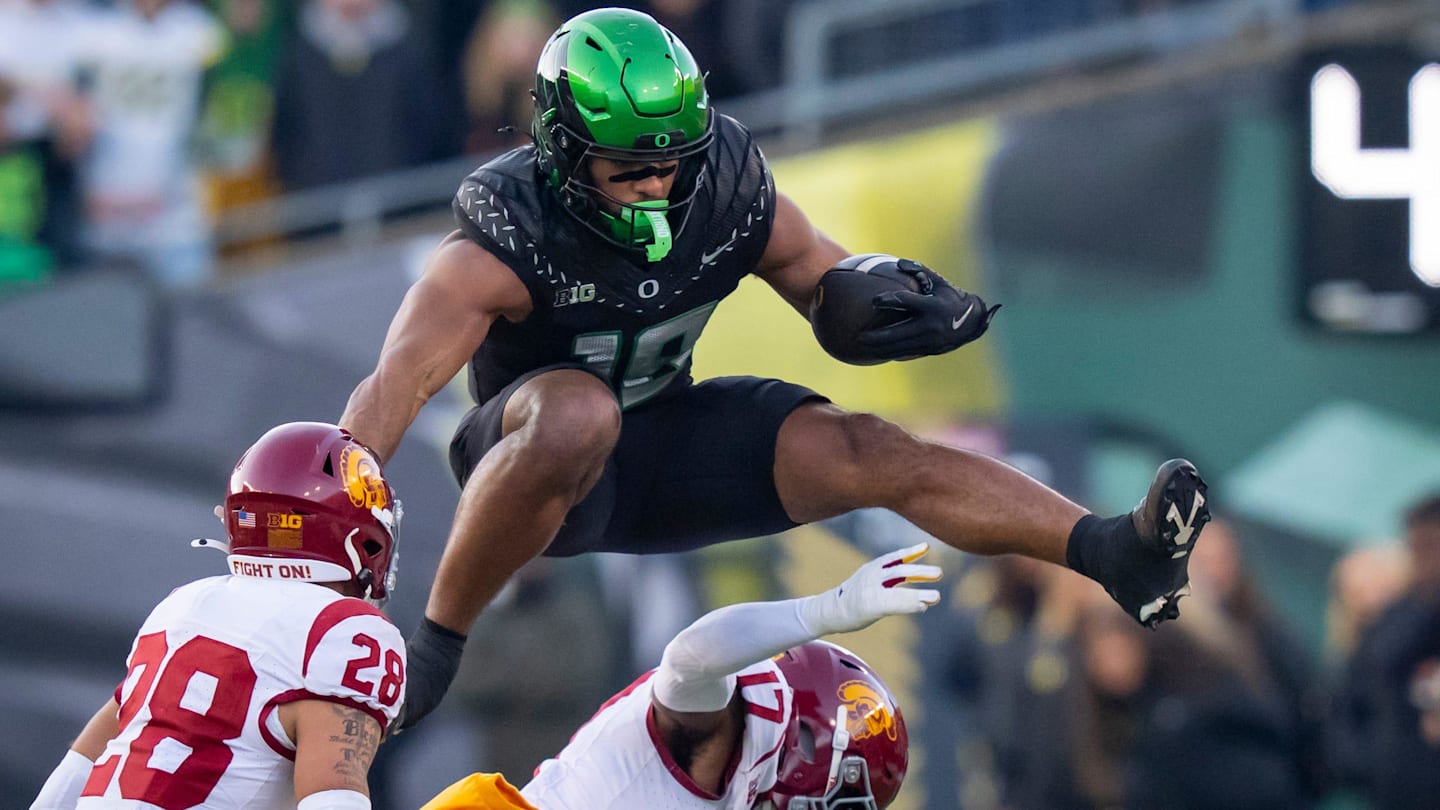Lynx Suffer Playoff Setback as Collier Injures Ankle; Reeve Ejected in Controversy
Lynx Face Playoff Setback with Collier's Injury
The Minnesota Lynx suffered a significant blow in their WNBA semifinal series as star forward Napheesa Collier sustained a left ankle injury late in Game 3. Collier rolled her ankle after contact with a Phoenix Mercury player, leaving the court visibly in pain. Coach Cheryl Reeve indicated the injury could be a fracture, and Collier was ruled out for the subsequent game, putting the Lynx at a disadvantage during this crucial stretch.
Cheryl Reeve's Ejection Highlights Officiating Controversy
In the final moments of the game, Reeve was ejected after receiving her second technical foul for running onto the court to protest the lack of a foul call on the play that injured Collier. She vocally criticized the officiating crew, calling their performance "malpractice" and demanding changes in league leadership regarding referee standards. Reeve's frustration underscored the physicality and intensity of the series, which has sparked debate over officiating consistency.
Implications for the Lynx Playoff Hopes
With the Lynx trailing 2-1 in the best-of-five series against the Mercury, Collier’s absence and Reeve’s suspension present significant challenges. Minnesota now faces a must-win Game 4 without their All-Star and a sidelined head coach, making their path to the WNBA Finals increasingly difficult. The team's resilience will be tested as they fight to avoid elimination.
About the People Mentioned
Cheryl Reeve
Cheryl Reeve (born September 20, 1966) is a prominent American basketball coach and executive, currently serving as the head coach and President of Basketball Operations for the Minnesota Lynx in the WNBA. She has established herself as one of the most successful coaches in WNBA history, leading the Lynx to four league championships (2011, 2013, 2015, 2017) and holding the record for the most career wins as a WNBA coach, including both regular season and postseason victories. Reeve has been honored as WNBA Coach of the Year four times (2011, 2016, 2020, and 2024) and WNBA Basketball Executive of the Year twice (2019 and 2024), making her the first coach in league history to receive Coach of the Year honors four times[1]. Born in Omaha, Nebraska, and raised in Washington Township, New Jersey, Reeve was a standout collegiate player at La Salle University, earning multiple academic and athletic honors including a Rhodes Scholar nomination and NCAA Post-Graduate Scholarship. She holds a bachelor's degree in computer science and an MBA from La Salle[1][3]. Before taking over the Lynx as head coach in 2010, Reeve gained extensive coaching experience as an assistant in the WNBA with the Detroit Shock, Charlotte Sting, and Cleveland Rockers, and at the collegiate level including a head coaching tenure at Indiana State University[4][6]. She also serves as head coach of the USA Women’s National Basketball Team since 2021, having previously been an assistant coach for the national team since 2014. Under her leadership, the USA team won the 2022 FIBA World Cup and multiple Olympic gold medals as an assistant[2][6]. Reeve’s influence extends beyond coaching into basketball operations, contributing to the Lynx’s sustained success and reputation as a WNBA dynasty. In 2025, she was named a 2026 Women's Basketball Hall of Fame inductee, recognizing her outstanding contributions to women's basketball[7].
About the Organizations Mentioned
Minnesota Lynx
The Minnesota Lynx are a professional women's basketball team based in Minneapolis, Minnesota, competing in the Women's National Basketball Association (WNBA). Founded in 1998, they began play in the 1999 season and have established themselves as one of the league's most successful franchises, capturing four WNBA championships between 2011 and 2017. The team plays its home games at the Target Center, which it shares with the NBA’s Minnesota Timberwolves[1]. The Lynx have been home to notable players such as Maya Moore, Sylvia Fowles, and Seimone Augustus, all of whom have contributed significantly to the team’s legacy and competitive success. Ownership of the team changed in 2024, with former MLB star Alex Rodriguez and entrepreneur Marc Lore taking over, marking a new chapter in the franchise’s business and organizational development[1]. In recent years, the Lynx have experienced fluctuations in performance. After finishing eighth in 2022 and missing the playoffs, they improved to fifth place in 2023 under head coach Cheryl Reeve. The 2025 season has seen a remarkable turnaround, with the Lynx leading the Western Conference with a strong 34-10 record and a .773 winning percentage. Key players include Napheesa Collier, who leads the team in points per game (22.9) and steals, Jessica Shepard leading in rebounds (7.3), and Courtney Williams leading in assists (6.2)[2][3]. The team’s colors—blue, green, and gray—were refreshed with new uniforms in 2021 to celebrate the WNBA’s 25th anniversary, reflecting both tradition and modern branding efforts. The Lynx continue to be a prominent figure not only in women’s basketball but also as a business entity adapting to evolving ownership and competitive landscapes[1][4].
Phoenix Mercury
## Overview The Phoenix Mercury is a professional women’s basketball team based in Phoenix, Arizona, competing in the Women’s National Basketball Association (WNBA) as part of the Western Conference[1][2]. As one of the league’s original eight franchises, the Mercury has been a cornerstone of women’s professional basketball in the United States since its inception in 1997[1][2]. ## History and Evolution Founded ahead of the WNBA’s inaugural season, the Mercury quickly established itself as a competitive force under the guidance of its first head coach, Cheryl Miller, a Basketball Hall of Famer[2]. The team made the playoffs in its first two seasons and reached the WNBA Finals in 1998, though it fell to the Houston Comets[1][2]. After a period of coaching changes and mixed results in the early 2000s, the Mercury’s fortunes turned around with the arrival of Diana Taurasi, the #1 overall pick in the 2004 WNBA Draft, who went on to become one of the league’s most iconic players[1]. ## Key Achievements The Mercury’s legacy is defined by its three WNBA championships, won in 2007, 2009, and 2014, making it one of the league’s most successful franchises[1][2]. The team has qualified for the playoffs in 18 of its 28 seasons, a testament to its consistent competitiveness[1]. Notable players who have worn the Mercury jersey include Diana Taurasi, Cappie Pondexter, Candice Dupree, Brittney Griner, and Penny Taylor[1]. These athletes have not only contributed to the team’s success but have also elevated the profile of women’s basketball globally. ## Current Status As of the 2025 season, the Mercury continues to be a playoff contender, finishing third in the Western Conference with a 27-17 record[3][
WNBA
The **Women's National Basketball Association (WNBA)** is the premier professional women's basketball league in the United States, established in April 1996 by the NBA and beginning play in 1997. It was created to capitalize on the rising popularity of women's basketball, especially after the U.S. women's basketball team's success at the 1996 Summer Olympics[1][6]. Starting with eight teams, the league expanded to twelve teams by the late 1990s and remains the longest-running professional women's basketball league in the U.S.[1]. The WNBA has played a critical role in elevating women's professional sports and increasing visibility for female athletes. Early on, the league showcased star players like Cynthia Cooper, Sheryl Swoopes, and Tina Thompson, who led the Houston Comets to four consecutive championships from 1997 to 2000, establishing the league's first dynasty and helping to build credibility and fan interest[2]. Cooper, a four-time WNBA Finals MVP, became one of the most influential figures in women's basketball history. Despite notable achievements, the WNBA has faced persistent challenges such as financial struggles, salary disparities compared to male athletes, and competition from other leagues. Many top players supplement their income by playing overseas during the WNBA off-season[1]. The establishment of a players’ union in 1999 was a significant milestone, empowering players to advocate for better conditions and salaries[1]. Currently, the WNBA continues to grow in popularity and influence, attracting media coverage and expanding fan engagement through broadcasts and digital platforms[4][5]. It serves as a vital platform for women’s sports, inspiring young athletes and contributing to the broader conversation on gender equity in professional sports. The league’s resilience and ongoing development highlight its importance in the sports and business landscape[1][2].

